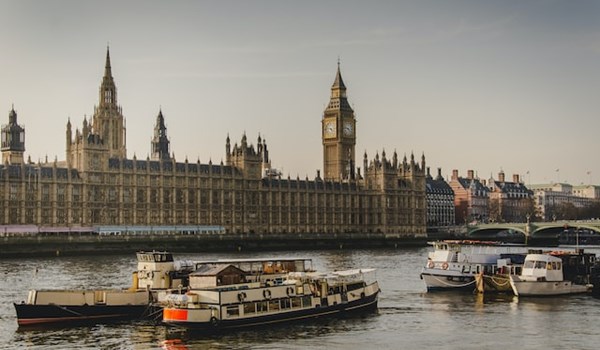His pledge could simplify the tax obligations for US citizens who live overseas. Americans, regardless of where they live in the world, have to file tax information with the Internal Revenue Service and some expatriates are required to pay US taxes, in addition to levies in the country where they reside.
“I support ENDING the Double Taxation of overseas Americans!,” Trump, the Republican presidential nominee, said in a statement addressed to voters living abroad. “Let’s put America First, together. Register to Vote, and vote Republican.”
The pledge, which would require congressional approval, would reduce paperwork and, potentially, the tax bills for the roughly 9 million Americans the State Department estimates are living overseas. The former president’s proposal was reported earlier by the Wall Street Journal.
The government requires expats to file US tax returns, but not all end up owing money to the IRS. The tax code offers credits to offset the cost of federal taxes owed.
In addition, people who make US$126,500 or less aren’t required to pay any US taxes. Still, advocates to change the taxation of Americans abroad say these IRS rules are one reason why a few thousand people renounce their US citizenship each year.
The US tax rules also mean that its generally higher earning Americans abroad who face tax bills. Trump’s plan, depending on how it’s worded, could allow wealthy Americans to move to low-tax countries and avoid any tax obligations.
The no-taxes-on-Americans-abroad pledge is the latest in a series of Trump plans to cut personal tax bills. He’s also floated exempting tipped wages, overtime pay and Social Security benefits from taxes.
Trump has campaigned on drastically reducing household and corporate tax bills if elected to a second White House term. He’s also championed the renewal of his 2017 tax overhaul, much of which is set to expire at the end of next year. The mounting proposals would likely exceed US$10 trillion over a decade, according to the Committee for a Responsible Federal Budget.
Trump’s plan to cut the tax bills for citizens living outside the country stands in contrast to his business proposals, where he would offer lower taxes to companies that operate domestically. Companies that manufacture offshore would face higher tax rates would face tariffs if they seek to sell their products to US consumers.
The Republican nominee has said he would push to lower the corporate tax rate to 15 per cent from 21 per cent only for companies that produce inside the US.
Widespread tariffs are also central to Trump’s economic plans. Last month, he threatened to impose steep import duties on US farm machinery maker Deere & Co if the company moved manufacturing to Mexico.



